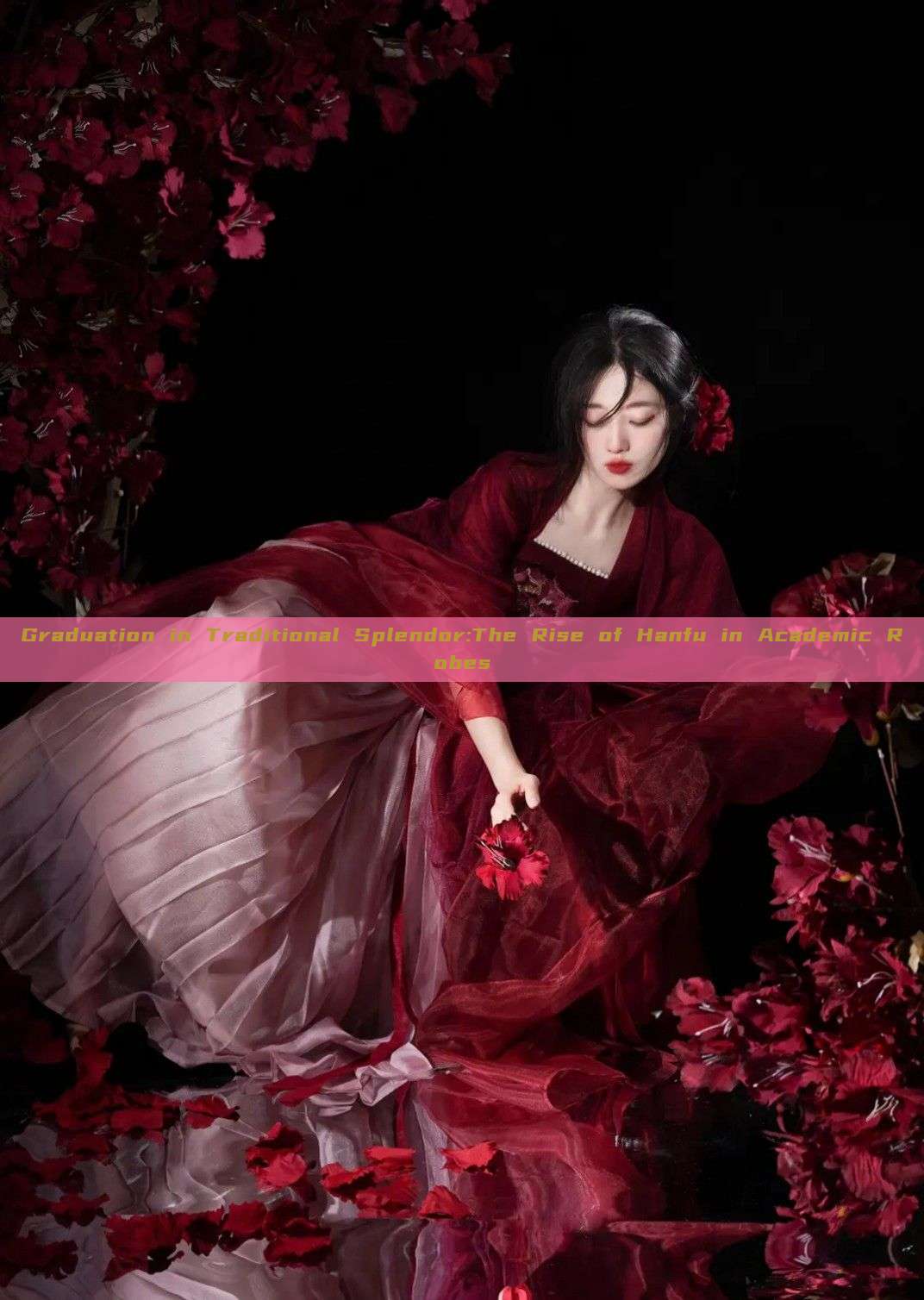In the dawn of a new era, a remarkable trend has been taking shape on graduation days across China. Instead of the usual academic robes, graduates are embracing a traditional attire known as Hanfu, embodying the essence of their cultural heritage.

As the sun rises on graduation day, students donning the traditional Hanfu attire grace the stage, a vibrant display of cultural pride. This isn't just a fashion statement; it's an embodiment of thousands of years of history and tradition.
The Hanfu, also known as Han clothing, is a traditional style of clothing that dates back to the Han dynasty in China. It embodies the essence of balance and harmony in design, with intricate patterns and vibrant colors that reflect the beauty and richness of Chinese culture. On graduation day, it serves as a symbol of unity and continuity between the past and the future.
The significance of wearing Hanfu during graduation ceremonies goes beyond just a fashion trend. It represents a deep respect for cultural heritage and history. It's a way to honor their ancestors who wore these robes in ancient times, while also acknowledging their role as modern graduates who are ready to take on new challenges in life.
Moreover, this trend is not just about individual choices or fashion statements. It reflects a broader cultural awakening among the younger generation who are eager to embrace their cultural roots and heritage. By wearing Hanfu, graduates are not just dressing up for a special day; they are embodying thousands of years of history and wisdom.
The rise of Hanfu on graduation stages is also an indicator of the growing interest in traditional culture among the younger generation. As China's soft power grows on the global platform, there is a renewed interest in traditional culture and heritage. The younger generation is eager to embrace their roots and connect with their ancestors through traditional practices and attire.
This trend is also being supported by various organizations and institutions that are promoting traditional culture and heritage. By encouraging graduates to wear Hanfu, they are not just promoting a fashion trend; they are also encouraging students to connect with their roots and appreciate their cultural heritage.
However, while the trend of wearing Hanfu during graduation ceremonies is growing rapidly, it is also facing some challenges. The availability of authentic Hanfu attire is limited, and there is a need for more education about the history and significance of this traditional attire. Despite these challenges, the trend is here to stay, as more and more graduates embrace their cultural heritage and history.
In conclusion, the rise of Hanfu on graduation stages is not just a fashion trend; it represents a broader cultural awakening among the younger generation who are eager to embrace their roots and connect with their ancestors through traditional practices and attire. By embracing Hanfu, graduates are acknowledging their cultural heritage and history while taking on new challenges in life as modern graduates.
